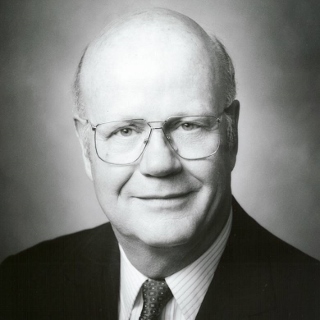A Quote by James Surowiecki
Behavioral economists have shown that a sizable percentage of people are willing to pay real money to punish people who are taking from a common pot but not contributing to it. Just to insure that shirkers get what they deserve, we are prepared to make ourselves poorer.
Related Quotes
I believe in taking care of myself and teaching other people who want to learn. I don't believe in just printing money and giving money. I'm willing to teach those who are willing to learn. If you're not willing to learn, then go vote for Obama. I'm not Republican or Democrat, so don't get me wrong.
I do think there is a lot of potential if you have a compelling product and people are willing to pay a premium for that. I think that is what Apple has shown. You can buy a much cheaper cell phone or laptop, but Apple's product is so much better than the alternative, and people are willing to pay that premium.
Eventually we realize that not knowing what to do is just as real and just as useful as knowing what to do. Not knowing stops us from taking false directions. Not knowing what to do, we start to pay real attention. Just as people lost in the wilderness, on a cliff face or in a blizzard pay attention with a kind of acuity that they would not have if they thought they knew where they were. Why? Because for those who are really lost, their life depends on paying real attention. If you think you know where you are, you stop looking.
Go to the farmers market and buy food there. You'll get something that's delicious. It's discouraging that this seems like such an elitist thing. It's not. It's just that we have to pay the real cost of food. People have to understand that cheap food has been subsidized. We have to realize that it's important to pay farmers up front, because they are taking care of the land.

































